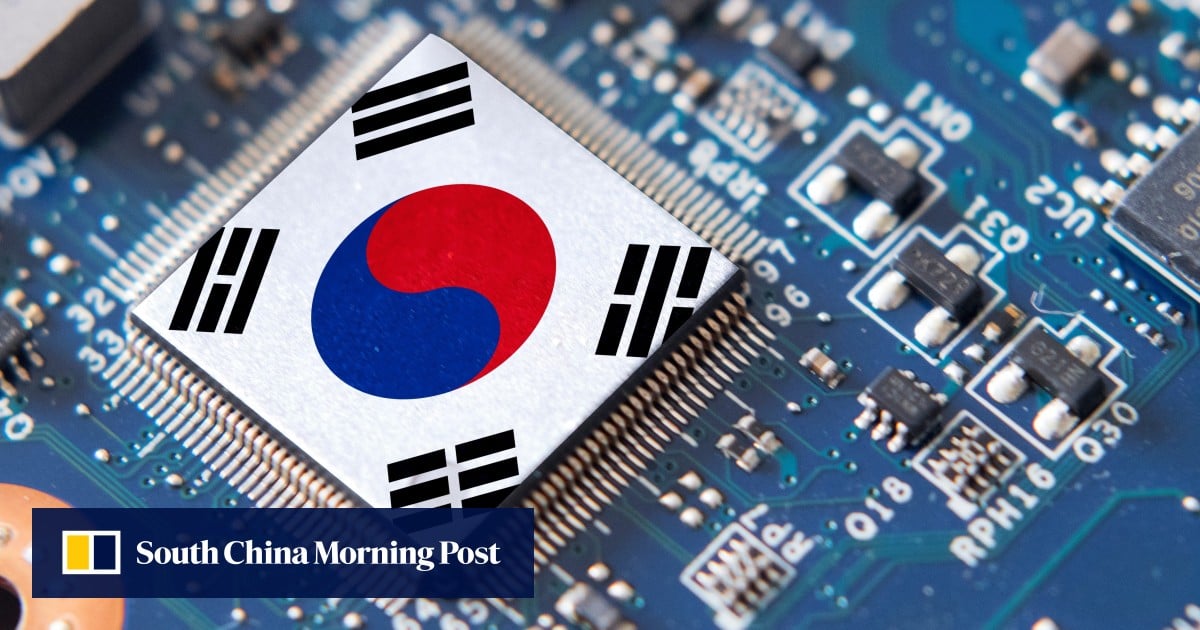
South Korea’s semiconductor inventories dwindled by the most since 2014, underscoring the pace at which demand is outstripping supply as customers rev up their purchases of devices needed to develop artificial intelligence (AI) technologies.
Chip stockpiles dropped 33.7 per cent from a year earlier in April in the largest decrease since late 2014, according to data released Friday by the national statistical office. It also marked the fourth month of declines in inventories, which coincided with a pickup in South Korea’s semiconductor exports.
Separately, chip production rose 22.3 per cent in April, a slower pace than 30.2 per cent a month earlier. Factory shipments increased 18.6 per cent, also moderating from 16.4 per cent in March.
During the 2013-2015 boom in memory chips, inventories did not increase for about a year and a half. In the 2016-2017 cycle, inventory decreases lasted almost a year. The latest chip rally is expected to last at least through the first half of next year as an “AI boom” fuels demand in a manner similar to the way cloud-server expansions did in 2016, according to a report from South Korea’s central bank.
The Bank of Korea raised its growth forecast for 2024 sharply higher last week, reflecting the better-than-anticipated economic performance while keeping its policy interest rate on hold to rein in inflationary pressure. Still, it did not revise up its inflation forecast for the year.
South Korea will release its latest export statistics on Saturday. Economists surveyed by Bloomberg estimate that shipments increased by 15.4 per cent from a year earlier in May, accelerating from a 13.8 per cent pace in April.

